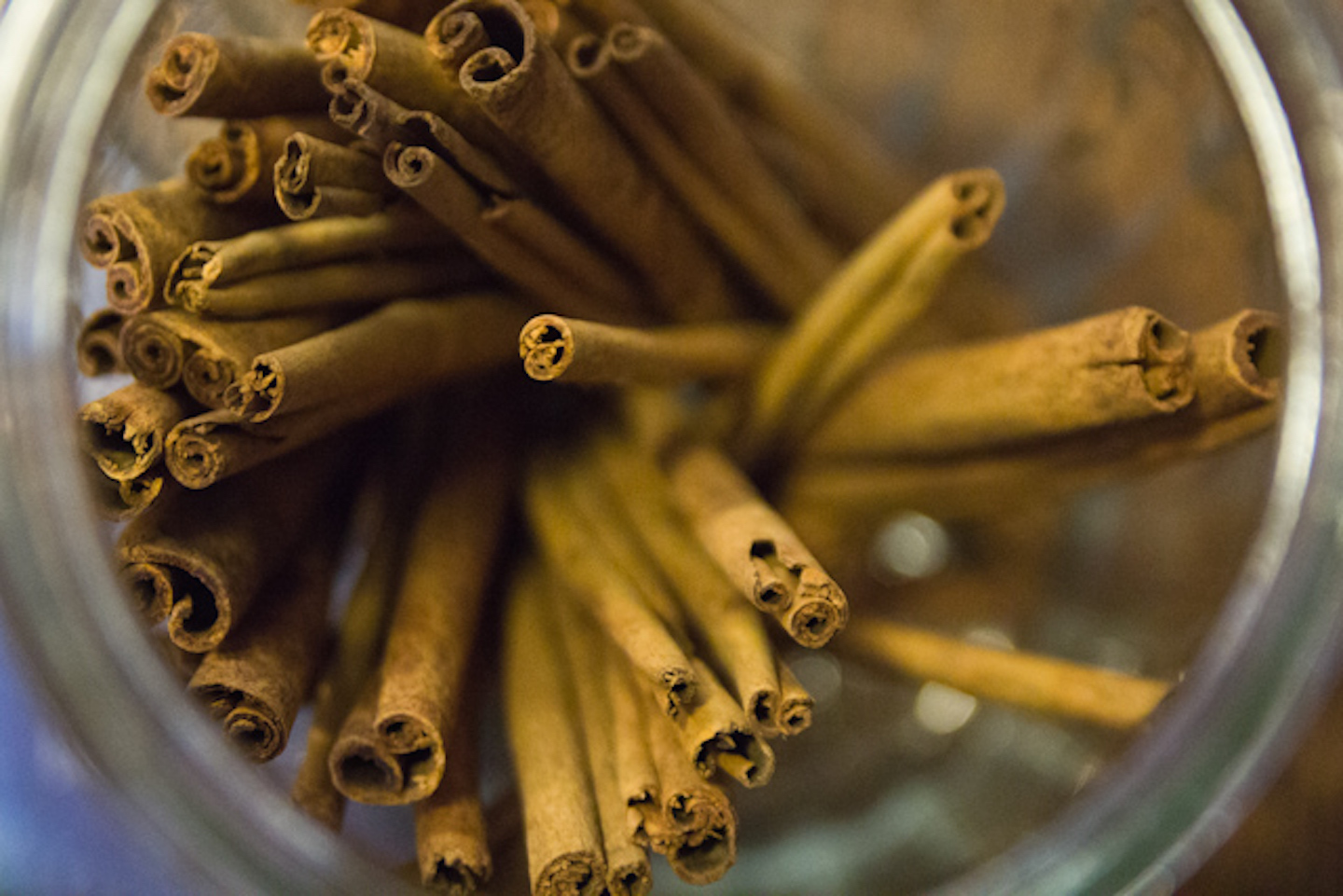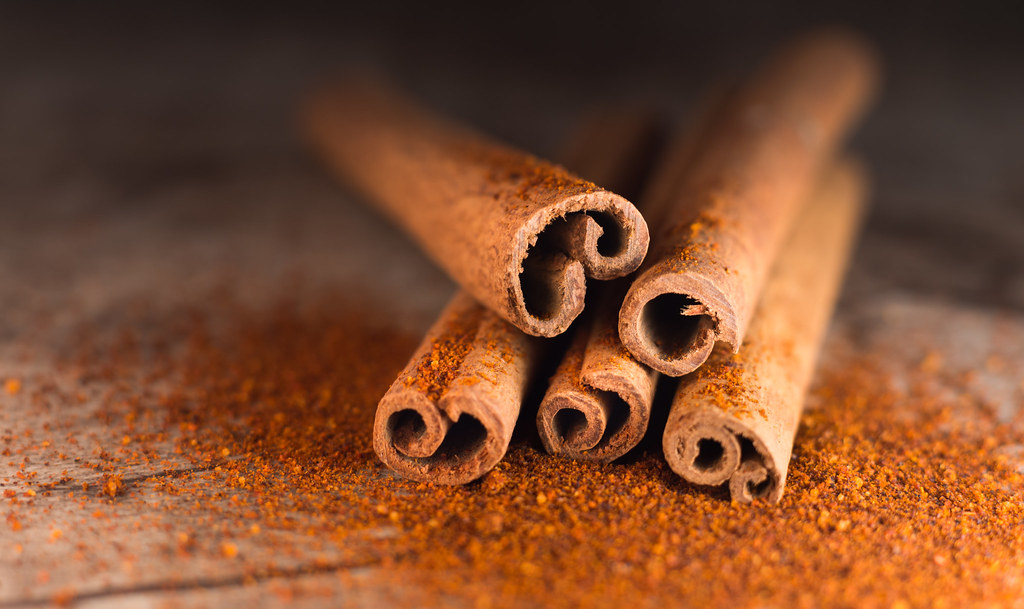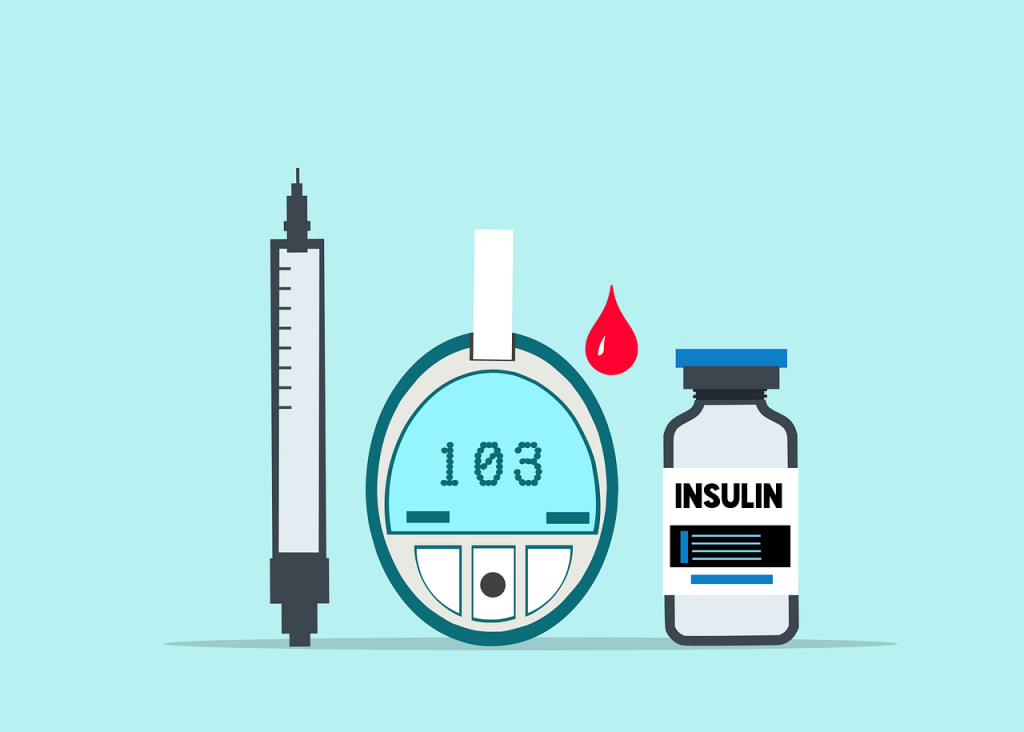
Introduction:
Cinnamon, a fragrant spice, has been a topic of interest in the medical community due to its potential benefits for diabetes management. From its various types to its effects on blood sugar levels, let’s explore the multifaceted world of cinnamon.
Table of Contents:
- Types of Cinnamon and Their Supplements
- Cinnamon’s Impact on Blood Sugar Levels
- Scientific Studies on Cinnamon and Diabetes
- Cinnamon Supplements and Dosage
- Precautions and Recommendations
1. Types of Cinnamon and Their Supplements
Ceylon Cinnamon at Kroger:
Kroger, a popular retail company, offers Ceylon cinnamon, ensuring customers have access to this high-quality variant.
Cinnamon Gummies for Blood Sugar:
These are a tasty and convenient way to incorporate cinnamon into your diet. They can be found in health stores and online platforms, offering a measured dose of cinnamon.
Cinnamon and Chromium for Diabetes:
Chromium is an essential mineral that can enhance the action of insulin. When combined with cinnamon, it can offer synergistic benefits for blood sugar regulation.
Cinnamon for Blood Sugar by Dr. Axe:
Dr. Axe, a certified doctor of natural medicine, has highlighted the benefits of cinnamon for blood sugar regulation in several of his publications, emphasizing its role in holistic health.
2. Cinnamon’s Impact on Blood Sugar Levels
Cinnamon and Glucose Control:
Cinnamon can enhance glucose uptake by cells, ensuring that blood sugar levels remain stable.
Cinnamon and Blood Sugar Control:
Regular consumption of cinnamon can help in reducing both fasting and postprandial (after meals) blood sugar levels.
Cinnamon for Prediabetes:
Prediabetes is a condition where blood sugar levels are higher than normal but not high enough for a diabetes diagnosis. Incorporating cinnamon can help regulate these levels and potentially delay or prevent the onset of type 2 diabetes.
3. Scientific Studies on Cinnamon and Diabetes
Cinnamon Diabetes NCBI Studies:
The National Center for Biotechnology Information (NCBI) has numerous studies that delve into the relationship between cinnamon and diabetes, with many indicating positive effects on blood sugar regulation.
Cinnamon and A1C Levels:
A1C is a measure of average blood sugar over three months. Some studies suggest that cinnamon can help in reducing A1C levels, making it a valuable addition to diabetes management.
Cinnamon and Metformin Interaction:
While both cinnamon and the drug metformin can regulate blood sugar, it’s crucial to consult a doctor before combining them to avoid potential interactions.
4. Cinnamon Supplements and Dosage
Best Cinnamon Supplement for Blood Sugar:
When choosing a supplement, it’s essential to opt for a reputable brand that offers pure Ceylon cinnamon, ensuring maximum benefits and safety.
Cinnamon Dosage for Type 2 Diabetes:
For those with type 2 diabetes, 1-2 grams of cinnamon daily might be beneficial. However, always consult with a healthcare provider for personalized advice.
Cinnamon Tablets for Diabetes:
Cinnamon tablets offer a convenient way to incorporate this spice into your routine. They provide a measured dose, ensuring consistency.
5. Precautions and Recommendations
Cinnamon and Neuropathy:
There’s emerging research suggesting that cinnamon might help in alleviating symptoms of diabetic neuropathy, though more studies are needed.
Cinnamon Blood Sugar Reddit Discussions:
Online communities like Reddit have numerous anecdotal accounts of people sharing their experiences with cinnamon for blood sugar regulation. While these can be informative, it’s essential to rely on scientific evidence and professional advice.
Best Type of Cinnamon for Blood Sugar:
Ceylon cinnamon, due to its low coumarin content and high potency, is often recommended for blood sugar regulation.
FAQs on Cinnamon and Diabetes
1. What is the connection between cinnamon and diabetes?
Cinnamon contains bioactive compounds that can improve insulin sensitivity, aiding in blood sugar regulation. It’s believed to mimic the action of insulin, enhancing glucose uptake by cells.
2. Which type of cinnamon is best for diabetes?
Ceylon cinnamon, also known as “True Cinnamon,” is often recommended for diabetes due to its lower coumarin content, which can be harmful in large doses.
3. How can I incorporate cinnamon into my diet for diabetes management?
You can sprinkle cinnamon on oatmeal, add it to smoothies, brew it as tea, or even take cinnamon supplements available in the market.
4. Are there any scientific studies supporting the benefits of cinnamon for diabetes?
Yes, numerous studies have explored the relationship between cinnamon and diabetes. While many indicate positive effects on blood sugar regulation, some are inconclusive.
5. How much cinnamon should I consume daily for diabetes management?
The recommended dosage can vary, but generally, 1-2 teaspoons of cinnamon daily can be beneficial. Always consult with a healthcare provider for personalized advice.
6. Are there any side effects of consuming cinnamon for diabetes?
While cinnamon is safe for most people, excessive consumption, especially of Cassia cinnamon, can lead to issues like liver damage due to its coumarin content.
7. Can I take cinnamon supplements instead of the spice?
Yes, cinnamon supplements, available in the form of capsules or tablets, offer a convenient way to get the benefits of cinnamon. Ensure you choose a reputable brand and consult with a healthcare professional before starting any supplement regimen.
8. I’ve heard about Cinnachroma. What is it, and how does it benefit diabetes?
Cinnachroma is a supplement that combines cinnamon with chromium. It’s believed to enhance insulin sensitivity, regulate blood sugar levels, and support metabolic health.
9. Are there any known interactions between cinnamon and diabetes medications?
Cinnamon can potentiate the effects of certain diabetes medications, leading to hypoglycemia (low blood sugar). If you’re on medication for diabetes, it’s essential to monitor your blood sugar levels closely and consult with your doctor.
10. Can cinnamon help in reducing A1C levels?
Some studies suggest that regular consumption of cinnamon can help in reducing A1C levels, which is a measure of average blood sugar over three months.
11. Is it true that cinnamon can alleviate symptoms of diabetic neuropathy?
Emerging research suggests that cinnamon might help in alleviating symptoms of diabetic neuropathy. However, more studies are needed to confirm this benefit.
12. What’s the difference between Ceylon cinnamon and Cassia cinnamon?
Ceylon cinnamon is native to Sri Lanka and is considered to be of higher quality. Cassia cinnamon is more commonly available. The primary difference is their coumarin content, with Cassia having a higher amount.
13. Can prediabetic individuals benefit from cinnamon?
Yes, incorporating cinnamon can help regulate blood sugar levels in prediabetic individuals, potentially delaying or preventing the onset of type 2 diabetes.
14. Are cinnamon gummies effective for blood sugar regulation?
Cinnamon gummies offer a tasty and convenient way to incorporate cinnamon. However, it’s essential to ensure they don’t contain added sugars and to consult with a healthcare provider regarding their efficacy.
15. How does cinnamon compare to metformin in diabetes management?
While both cinnamon and metformin can help regulate blood sugar, they work differently. Cinnamon enhances insulin sensitivity, while metformin reduces glucose production in the liver. It’s essential to consult a doctor before combining them.
16. I’ve read about cinnamon’s benefits on Reddit. How reliable are these accounts?
While online communities like Reddit can provide anecdotal accounts, it’s essential to rely on scientific evidence and professional advice when considering cinnamon for diabetes management.
17. Can cinnamon tea help in diabetes management?
Yes, brewing cinnamon as tea can offer the same benefits as consuming the spice in other forms. It’s a soothing way to incorporate cinnamon into your daily routine.
18. Are there any cinnamon-based recipes recommended for diabetics?
Yes, from cinnamon-spiced oatmeal to cinnamon-infused smoothies, there are numerous recipes that not only taste great but can also help in blood sugar regulation.
19. How does cinnamon affect blood sugar levels post meals?
Cinnamon can help reduce postprandial (after meals) blood sugar spikes by slowing the digestion of carbohydrates and enhancing glucose uptake by cells.
20. Is it safe to consume cinnamon daily for diabetes?
In moderate amounts, it’s safe for most people. However, it’s essential to monitor blood sugar levels and consult with a healthcare provider, especially if you’re on diabetes medications.
Conclusion:
Cinnamon, with its potential benefits for diabetes management, is a topic of keen interest for both researchers and those living with the condition. As with any natural remedy, it’s essential to use it judiciously, in conjunction with a balanced diet, regular monitoring, and prescribed medications.
Blog Tags:
Cinnamon for Diabetes, Ceylon Cinnamon Benefits, Blood Sugar Regulation, Cinnamon Supplements, Cinnachroma Review, Cinnamon Dosage, Diabetes Management, Natural Remedies for Diabetes, Cinnamon and Blood Sugar, Cinnamon Studies, Cinnamon and Metformin, Cinnamon Capsules, Cinnamon and Neuropathy, Cinnamon for Prediabetes, Cinnamon and NCBI, Cinnamon and A1C, Cinnamon Tablets for Diabetes, Cinnamon and Type 2 Diabetes, Cinnamon Gummies for Blood Sugar, Cinnamon and Glucose Control.










